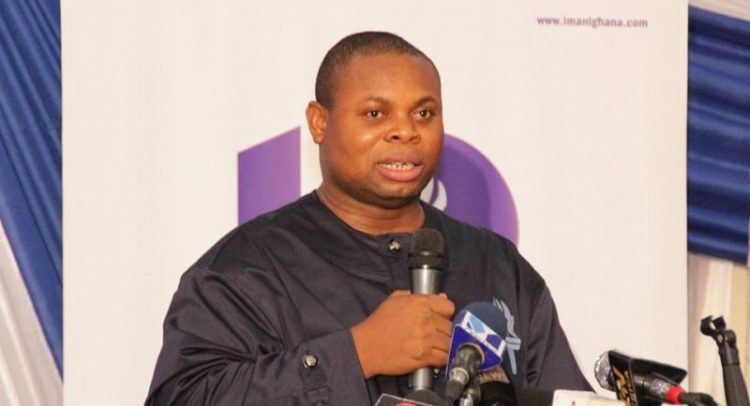Among things that keep me breathing is the fresh think thank air in the choking congress polluted governance system.
As a result, anytime I read or hear something from a think tank that sounds congress, I feel like choking.
Sometime ago, it happened with IMANI think tank which said free SHS was not possible.
Today, the same think tank is thinking one district one factory (a building or group of buildings where goods are made’) is not possible.
I think, think tanks are so vital to our development that they cannot afford to be lazy. I could somehow understand IMANI’s ideological contention with free, except when the free is paired with market into free market which then pleases its eyes and ears.
No matter how difficult it is, or will be, for it to be thorough, though, it cannot afford but be that.
From Nkrumah’s Ministry of Rural Industries through Busia’s rural development, through Acheampong’s Operation Feed Yourself, it has always been possible for whole development policy to be successfully implemented nationwide contemporaneously.
In 2016, with far advanced technology than any of those periods, if one district one factory cannot be profitably implemented, we would have to forget about ever developing.
I am saying that because in my district, I have identified two profitable factories that can be sited there. What is needed is what is produced ‘in excess’ where and how to coalesce where for processing.
To me, every district is capable of successfully running a small-scale factory.
I am more seriously surprised by the assessment of this particular think tank because I thought it understood sound economics. Because I am not an economist, sound economics is looking round your environment, checking out your resources, determining how those resources can be mobilised and mobilising for marketing.
I do not know any district to which a model like that cannot be applied. My expectation for the think tank would have been to visit every district, or even as many districts as would provide a VALID sample, to do the resource analysis and then come out to tell us what is doable and what is not.
Any produce that rots or decays for want of use is a source for a factory. Any used item that has potential for reuse, and we have lots of them, garbage included, is a source for a factory.
Anything that we are not manufacturing that can be manufactured is a basis for a factory. Let the think tank adopt that approach and make categorical statement pointing out which of the 230 districts cannot host a profitable factory. There is a massive human resource base for conducting credible scientific research in this motherland.
Cohorts of tertiary level (and even in some cases secondary level) jobless youth roam about idling. They could all be trained to be useful data gatherers or play other useful roles in research.
Let’s think that and think that rigorously and begin in earnest to plan, recruit, train and encourage engaging the literate unemployed for functional research. They would be helping build solid research knowledge. In addition to that, they would be developing the sense of the need to research. All this thinking makes me wonder what the mother of all think tanks, the motherland’s own NDPC, wrote as the guiding thoughts for her development. When I heard they were going to write something of a development Bible/Koran for all governments to follow, I said balderdash.
It was that same institution that wrote ‘Vision 2020’ targeting middle-income in 20 years.
Osono people achieved that in seven years, far less than half of the 20. I want to believe its congress member personalities were the principal architects of the Senchi fiasco. Think tank thinking is worthy if it is big. To think one district one factory is not feasible is very, very small thinking.
The last time we strung three ones together (one, nation, one people, one destiny), we grew a debt-free yentua agriculture into food export. With the triad one district one factory, one constituency one million dollars and one village one dam, we would be among the highest income motherlands in maximum eight years.
My compatriots, this is the panacea for our accelerated development. Let’s go for it. It will surely work.
If it’s not impossible, it is doable. If it’s doable it takes a doer to do it. The motherland is a doer. She has always been a doer. There was a time she led many motherlands far beyond Continent Africa. So throw out the proven ‘don’t know how to dos’ and bring in the doers.
Think thanks must put their shoulders to wheel because it is doable; lest they think no development. It’s yes to think tank development or it is think tanking underdevelopment.





